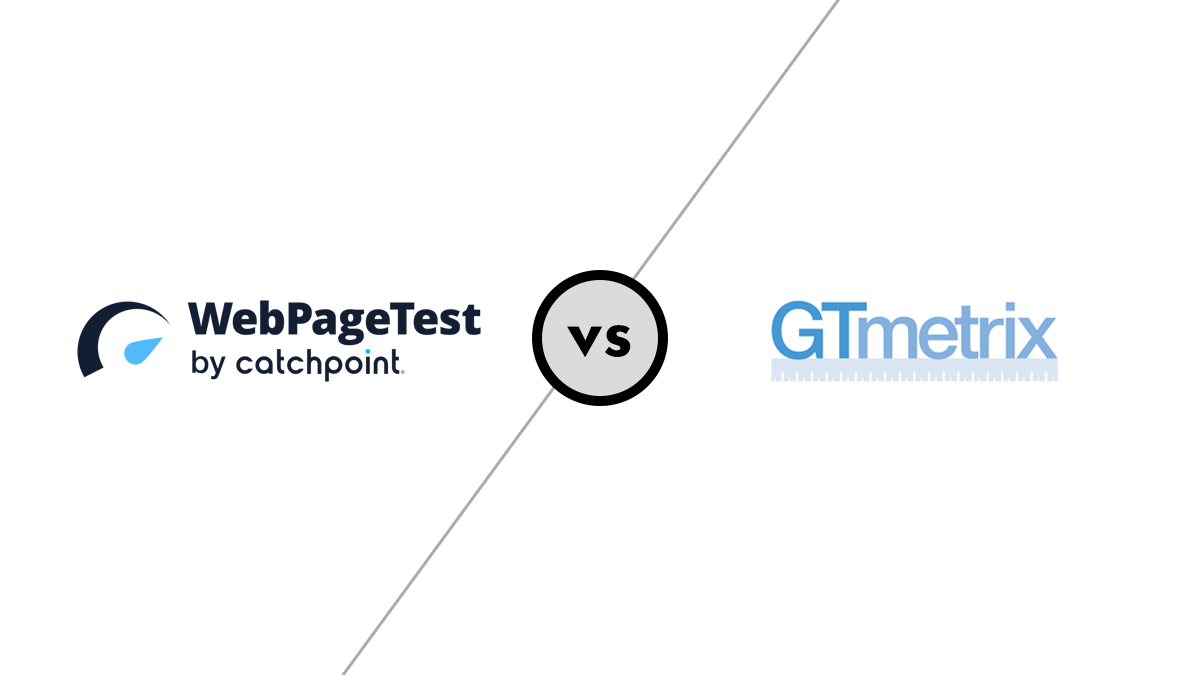
Among Web Performance Testing Tools, GTMetrix and WebPageTest are very prominent names that have dominated this industry for many years.
Today, we will take a look at how they stand in 2023 and if they are still good tools for Performance Testing.
Requisites of a Good Speed Testing Tool
In the digital age, website performance is paramount. A slow-loading website can lead to high bounce rates, low user engagement, and ultimately, lost revenue. To ensure optimal performance, it's crucial to use a reliable speed testing tool. But what should you look for in such a tool?
Firstly, a good speed testing tool should provide comprehensive performance metrics. This includes load time, Time to First Byte (TTFB), and render-blocking resources. It should also measure Core Web Vitals, a set of metrics introduced by Google that focus on loading, interactivity, and visual stability.
Secondly, the tool should offer a global testing network. Since your users may be scattered around the globe, it's important to understand how your website performs in different geographical locations.
Thirdly, the tool should provide actionable insights and recommendations. It's not enough to know that your website is slow; you need to understand why it's slow and how to fix it.
Lastly, a good speed testing tool should allow you to simulate different scenarios, such as testing how your website performs on various devices and connection speeds. It should also offer features like video playback of page load, performance history tracking, and multiple browser testing.
Comparison of Features
In the world of website speed testing, GTMetrix and WebPageTest are two of the most popular tools. Both offer a wealth of features, but there are some key differences that set them apart.
| Feature | GTMetrix | WebPageTest |
|---|---|---|
| Performance Metrics | ✅ | ✅ |
| Global Testing Network | ✅ | ✅ |
| Actionable Insights | ✅ | ✅ |
| Video Playback of Page Load | ✅ | ✅ |
| Performance History Tracking | ✅ | ✅ |
| Multiple Browser Testing | ❌ | ✅ |
| Mobile Testing | ✅❗️ (Only Paid) | ✅ |
| Free Version Available | ✅ | ✅ |
| Premium Features | ✅ | ✅ |
| No-Code Experiments | ❌ | ✅ |
| Open Source | ❌ | ✅ |
| Start Pricing | $13/month | $18.75/month |
| Whitelabeled Reports | ✅ | ❌ |
| Ad Blocking in Tests | ✅ | ❌ |
While both tools offer a comprehensive set of features, GTMetrix stands out for its user-friendly interface, detailed performance reports, and the ability to block ads during tests.
On the other hand, WebPageTest is open source and offers unique features like No-Code Experiments, which allows users to test the impact of suggested optimizations without changing their actual site.
Which Tool is Better in 2023?
Both GTMetrix and WebPageTest have evolved significantly over the years, offering a wealth of features to help users optimize their websites. Both the tools have now integrated Lighthouse.
GTMetrix has a user-friendly interface and detailed performance reports. It also provides a unique feature that allows users to block ads during tests to determine their impact on performance.
WebPageTest, on the other hand, shines in its ability to conduct advanced testing scenarios. It offers a unique feature called "No-Code Experiments" that allows users to test the impact of suggested optimizations without changing their actual site.
This feature is particularly useful for users who want to experiment with different optimization strategies without risking their live website.
Conclusion
In conclusion, both GTMetrix and WebPageTest are powerful tools that can help you optimize your website's performance.
The choice between the two largely depends on your specific needs and preferences. If you prefer a user-friendly interface and detailed reports, GTMetrix may be the better choice. However, if you're looking for advanced testing capabilities, advanced reports, and the ability to conduct no-code experiments, WebPageTest may be more suitable.
Regardless of your choice, both tools are equipped with the features necessary to help you deliver a fast and smooth web experience to your users.
